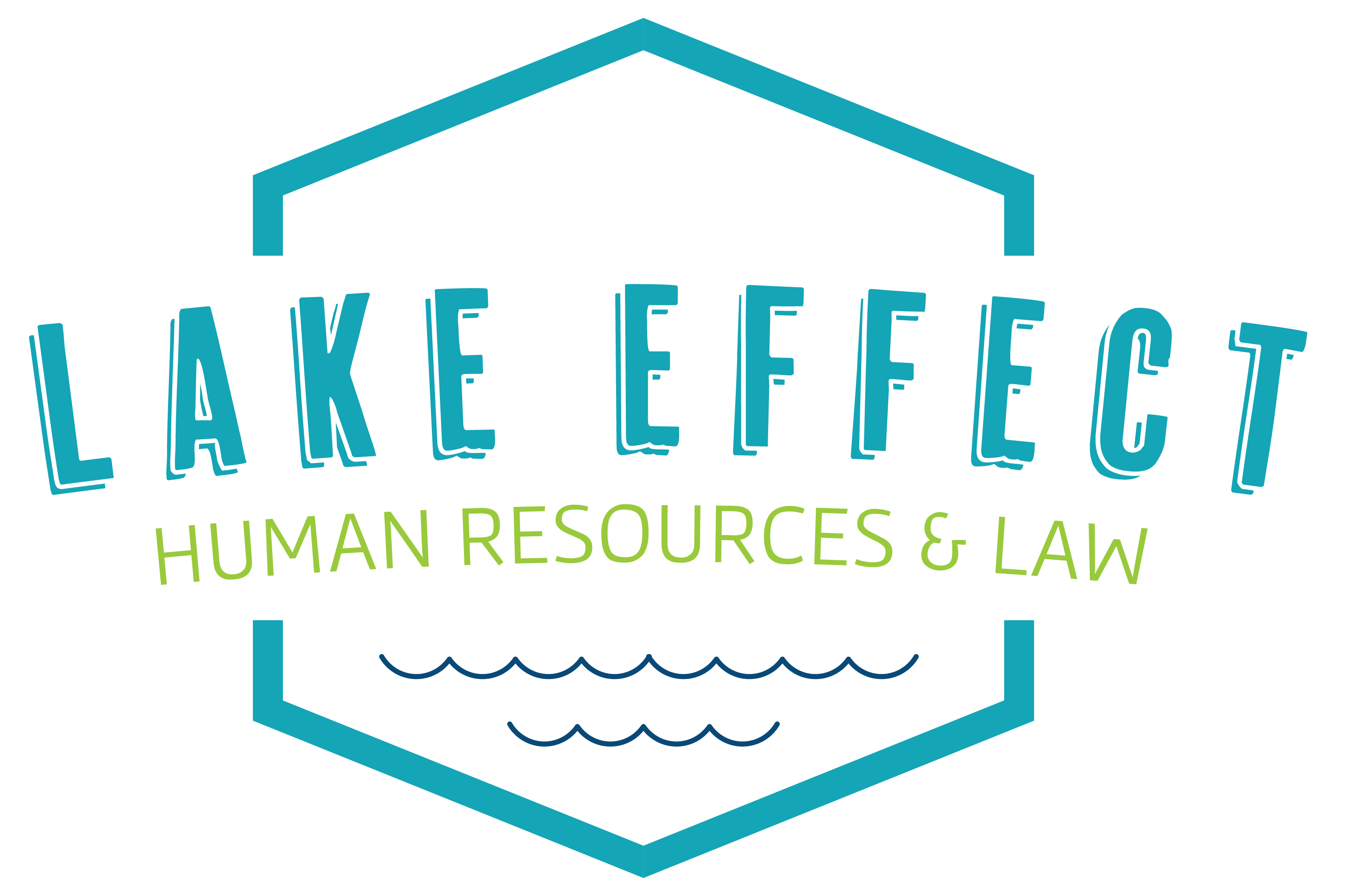After COVID-19 stimulus talks broke down in the Legislature last week, President Trump signed four Executive Actions on Saturday, August 8, 2020. Those actions cover the following:
- Unemployment: Congress previously authorized an additional $600 per week in federal unemployment compensation benefits for eligible workers, but that funding expired on July 31. This Executive Memorandum creates a new lost wages assistance program to continue until December 6, 2020, or until the federal Disaster Relief Program (DRF) is depleted to $25 billion, whichever occurs first. Under the new program, states may provide up to $400 per week in additional unemployment compensation benefits to workers who otherwise qualify for state benefits. In order to participate in the program, a state must agree to pay 25% ($100 per week for each eligible worker) of the additional benefits, and the federal government will pay the remaining 75% ($300). The federal government will fund the program, up to a maximum of $44 billion, out of its DRF. States may use remaining dollars previously allocated to them under the CARES Act or any other available state funding.
While aimed at providing relief to unemployed workers, the new program will likely create challenges. States already face budget shortfalls in the wake of the pandemic and will be hard-pressed to afford the new wage assistance costs. In addition, the program creates a new, separate program and will not be administered through the existing state unemployment program. Thus, it will require states to create a new administrative system, placing further demands on limited state resources. The details on administration and state funding have not yet been finalized.
- Payroll Tax Deferral: Congress previously deferred most employer payroll taxes for the remainder of 2020. This Executive Memorandum directs the Secretary of the Treasury to defer the payment of payroll taxes from September 1 until December 31, 2020 for employees earning less than $4,000 per pay period (or $104,000 per year). Notably, this is only a payroll tax deferral for employees, and those payments will have to made at a later date unless Congress directs otherwise. Payroll taxes partially fund Social Security and Medicare, and a permanent reduction in payroll taxes would lower funds available for those programs.
- Student Loans: As part of an earlier stimulus effort, Congress suspended student loan payments until September 30, 2020. This Executive Memorandum directs the Secretary of Education to waive interest and defer payments on student loans held by the federal government until December 31, 2020. Notably, principal payments are not cancelled, only deferred until the end of the year. Presumably, those cumulative payments will be due on December 31, and then full interest and principal payments will restart in January 2021.
- Evictions: The federal government previously ordered a moratorium on foreclosures and evictions during the COVID-19 crisis, but that order expired on July 24, 2020. This Executive Order directs the Secretary of Health and Human Services and the Director of the CDC to consider whether any measures temporarily halting residential evictions for failure to pay rent are reasonably necessary to prevent further spread of COVID-19. It further directs the Secretary of the Treasury and the Secretary of Housing and Urban Development to identify available Federal funds to provide temporary financial assistance to renters and homeowners facing financial hardships caused by COVID-19. Notably, this Order does not by its own terms extend the prior moratorium or ban evictions.
President Trump’s unilateral Executive Actions will likely face legal challenges, as the U.S. Constitution delegates taxing and spending powers exclusively to Congress, not the Executive Branch. Lake Effect HR & Law will continue to monitor developments related to COVID-19 relief. Please keep watching for blogs and emails from us for important legal updates and HR best practices. Contact us at info@le-hrlaw.com or 1-844-333-5253.




